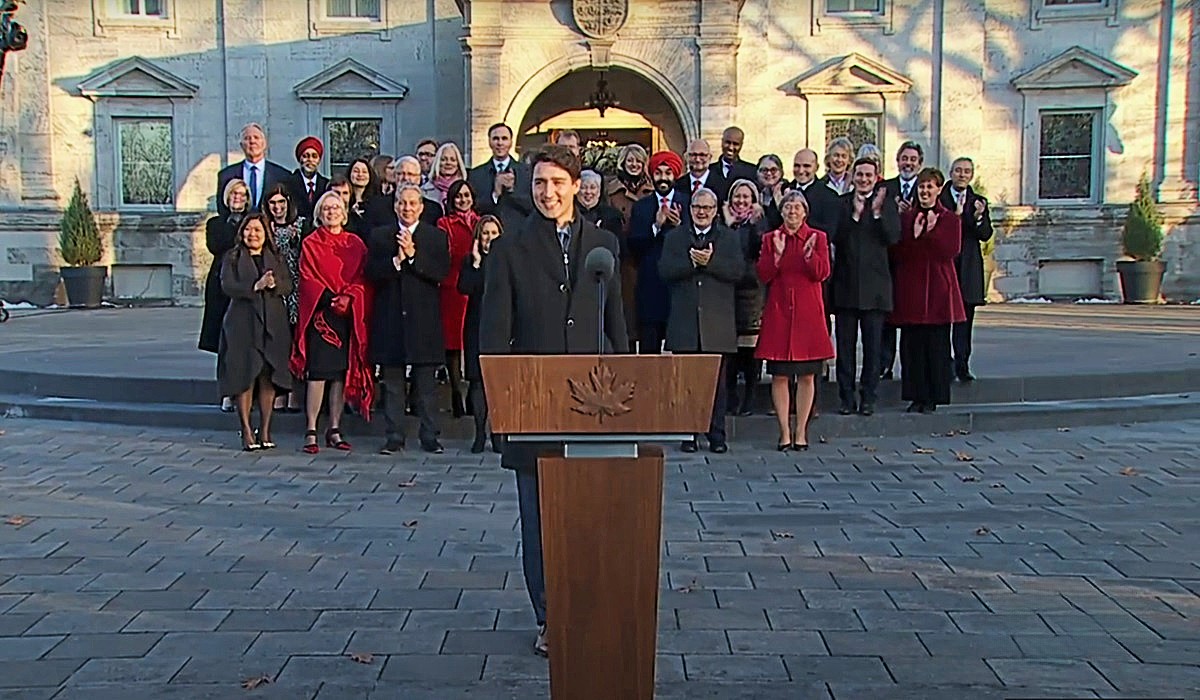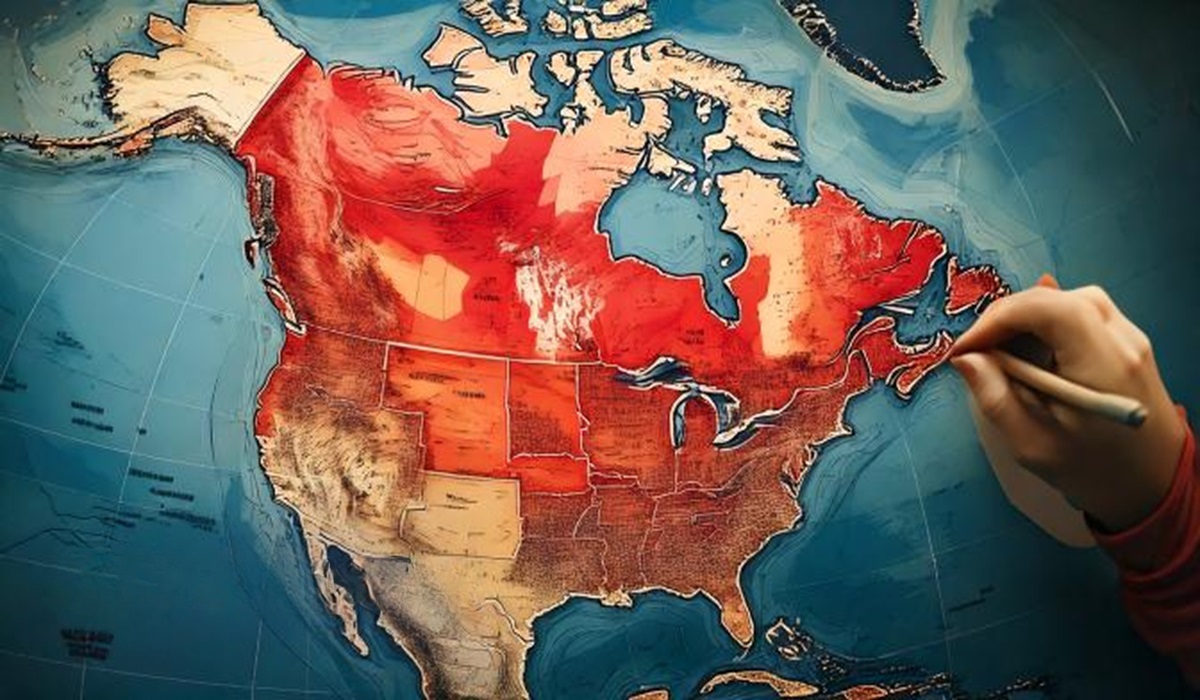Internet for All: Canadian Government’s $3.225 Billion Initiative Making Strides
- Ingrid Jones
- Canada
- January 2, 2024

The Government of Canada is on course to surpass its high-speed Internet connectivity targets, according to an update from the Honourable Gudie Hutchings, Minister of Rural Economic Development. The $3.225 billion Universal Broadband Fund (UBF), alongside federal and provincial investments, has been instrumental in achieving this progress.
Currently, 93.5% of Canadian households have access to high-speed Internet, a substantial increase from 79% in 2014. The government aims to reach 98% of Canadian households by 2026 and achieve complete connectivity by 2030. Projections indicate that 98.6% of households will have access by 2026.
Since its launch in November 2020, the UBF has announced 295 projects across Canada, including 45 in 2023 alone. These projects, serving over 200,000 households, contribute to realizing the government’s connectivity goals. In 2023, 40,000 households gained new access to the internet through completed UBF projects, with further announcements expected in 2024.
Minister Hutchings introduced the redesigned website canada.ca/rural in June 2023, providing a centralized source of information on government programs, including the UBF, for rural Canadians.
To expedite connectivity, the Government of Canada has co-founded partnerships with provinces such as Quebec, Ontario, Newfoundland and Labrador, Alberta, British Columbia, and Prince Edward Island. These partnerships, backed by over $2 billion in provincial co-funding, extend the impact of UBF funding and contribute to connecting more households.
Several provinces, including Quebec, Prince Edward Island, New Brunswick, Ontario, British Columbia, and Nova Scotia, are making substantial progress toward achieving universal connectivity. Notably, Quebec has achieved its goal of offering high-speed Internet access to all residents through the Canada–Quebec Operation High Speed.
The real impact of these efforts is evident in communities such as Iskatewizaagegan No. 39 Independent First Nation, where improved access to faster Internet enables residents to access telehealth services, enhancing their quality of life. In Port-Menier, Quebec, increased access has boosted the tourism industry, with local businesses improving their online visibility and market opportunities.
Since 2015, the federal government has allocated over $7.6 billion to enhance connectivity across Canada, aiming to ensure equal access for rural communities. The commitment to collaboration with provinces, territories, municipalities, Indigenous communities, and Internet service providers remains strong, emphasizing the government’s determination to provide all Canadians with reliable Internet access.








